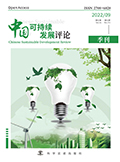参考文献
[1] BECK U. Risk society: Towards a new modernity[M]. SAGE Publications Ltd. , London, 1992.

